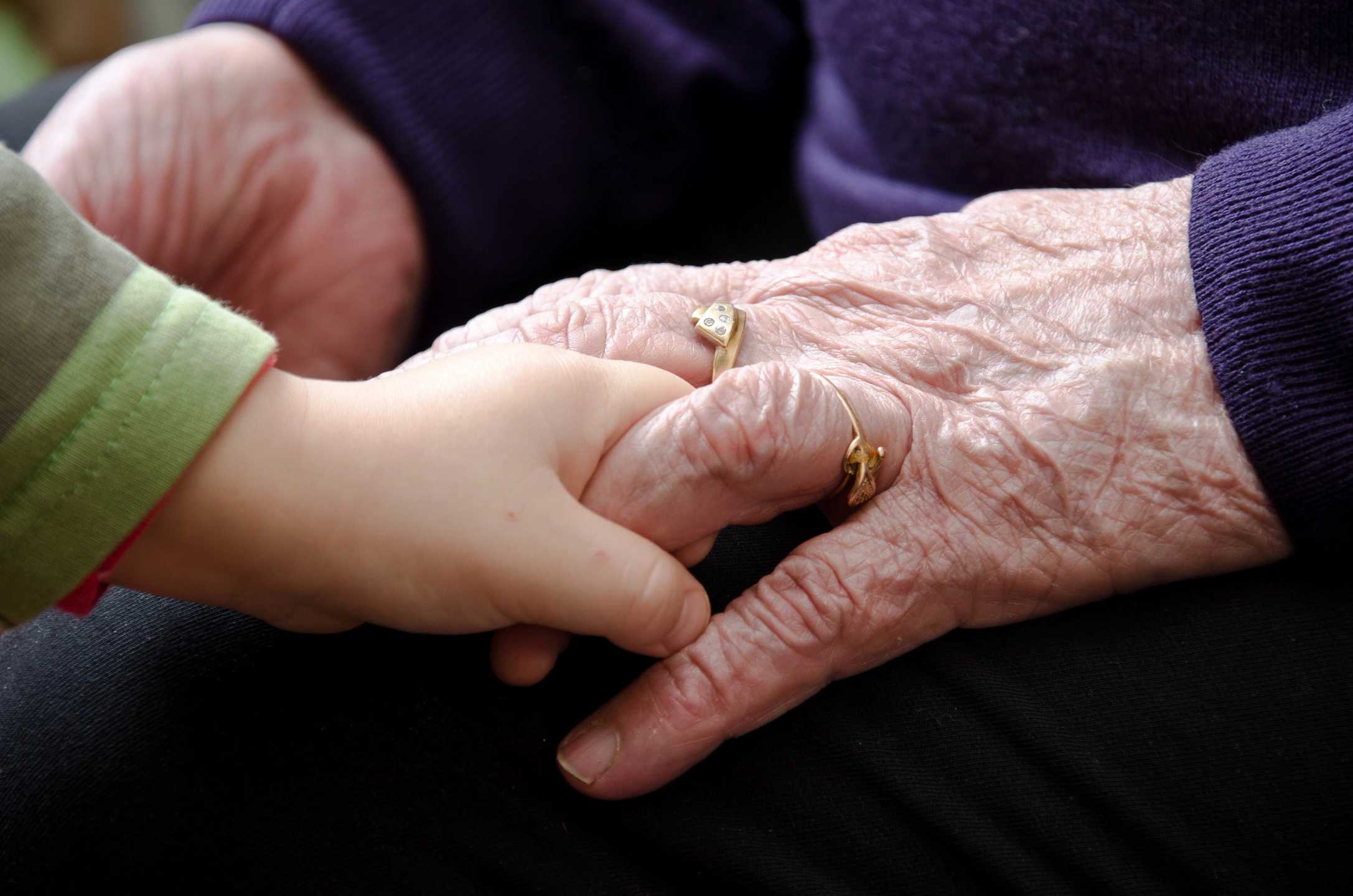Journey to Certification: Part 4
We returned from the reunion road trip about mid-July. I had been through some life-changing experiences over the past eighteen-plus months. Now, I found myself somewhat at a loss as to what my life as a retiree would look like. I still had the responsibility of being the woman of the house (wife, cook, housekeeper, etc.) and caregiver to my mother-in-law, but I needed more. I needed a new purpose, a new direction for my life, a mental challenge. And I knew genealogy needed to be at the heart of whatever I path I chose to follow.
In August, I took to the internet and began searching for information on “becoming a professional genealogist.” I found several great sites and learned about all of the wonderful educational opportunities available, both online and off. Recommendations for training and preparation for certification included, among other things: attending national conferences sponsored by the National Genealogical Society (NGS) and the Federation of Genealogical Societies (FGS); enrolling in tuition courses through NGS, Boston University, BYU, University of Toronto, University of Washington, and a few others; attending week-long institutes such as Genealogical Research Institute–Pittsburgh (GRIP), Institute of Genealogy and Historical Research (IGHR), Salt Lake Institute of Genealogy (SLIG), and National Institute on Genealogical Research (NIGR, now called Gen-Fed); readingand studying professional journals, such as the NGS Quarterly, APG Quarterly, The NYGB Record,and The American Genealogist; expanding research experience to include archives, courthouses, etc.; and taking advantage of free webinars offered through Family Search, Association of Professional Genealogists (APG), and the Board for Certification of Genealogists (BCG). I took a leap of faith, made a plan for achieving certification as a genealogical researcher, and began my first class–American Genealogical Studies: The Basics, through NGS.
The idea of taking online classes was foreign to me and caused some anxiety. However, attending a program away from home was not an option. I knew I had to let go of my insecurities and trust that I would find my way through the process. I had no idea how much I would learn along the way–many new and valuable research techniques, the importance of thorough citations, and how to write reports. A wonderful, unexpected side effect to taking online classes has been improved computer skills. Who knew?
Now, when people ask me if I am retired, my reply is a joyful and resounding, “No, I am redirected, and I am loving every minute of it!”

I appreciate the feedback. Thanks. I hope to get better with this as I go along. Stay tuned.